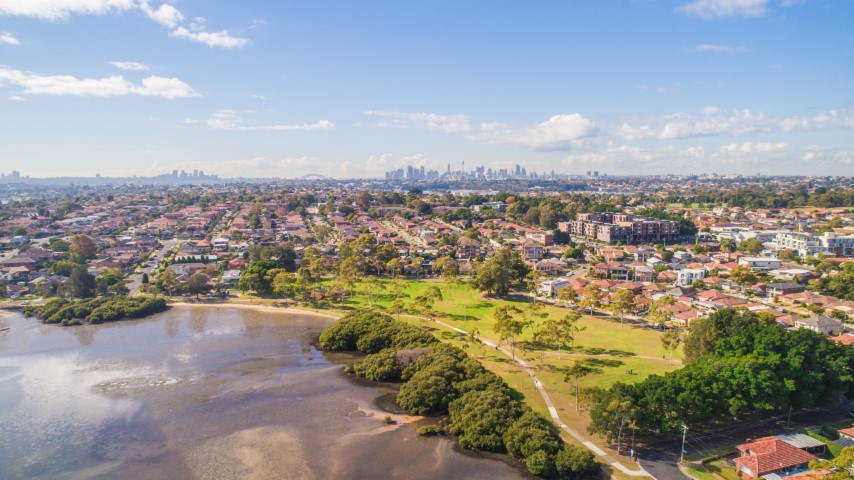- Residents
-
Community
-
Community services
-
Facilities & venues
-
Get involved
-
Parking & transport
-
 Help plan the City of Canada Bay's future and steer decisions on issues that matter to you.Share your feedback Collaborate Canada Bay
Help plan the City of Canada Bay's future and steer decisions on issues that matter to you.Share your feedback Collaborate Canada Bay
-
Community services
- Lifestyle
-
Business
- Development
- Council
Food waste
Breadcrumb
- City of Canada Bay Council
- Residents
- Waste & recycling
- Food waste
Food Waste Avoidance Programs
Council is hosting a variety of food waste avoidance programs to help you reduce your food waste!
- Compost Capers: sign up to our Sustainable Living e-newsletter to find out when our next compost bin and worm farm giveaway will happen
- Borrow a book: browse the library catalogue for a book on how to compost or how to cook zero-waste
- Food Organics Garden Organics (FOGO) trial in Rhodes.
We have launched the Compost Capers program to help you get started composting at home. With educational videos, fact sheets and even giveaways, Compost Capers will help you turn your food and garden scraps into a valuable resource that will improve soil and feed your plants.
Why compost?
Composting is one of the most important and easiest things we can do to benefit the environment. Approximately 50 per cent of the rubbish Australians put in the everyday mixed-waste garbage bin is food scraps.
When organic material such as garden waste and food scraps is buried or compacted anaerobically (without air) in landfills, it causes the production of methane gas, a greenhouse gas contributing to climate change.
When food scraps are turned into compost and added to the soil, the benefits are:
- greatly increasing carbon absorbing capability of the soil, reducing the effects of climate change
- enhances water retention ability of the soil, reducing the need for water by an average of 30 per cent
- greatly improves soil quality, texture and provides rich nutrients/fertiliser for plants.
There are many ways to compost, using a compost bin and/or worm farm are just two ways we can recycle organics at home. For more information attend one of Council’s free workshops or download:
In 2022 Council secured funding from the NSW Environment Protection Authority to roll out a food waste recycling trial in our area as part of our Resource Recovery and Waste Strategy, with the ultimate goal of keeping valuable resources out of landfill.
We ran our Food Organics Garden Organics (FOGO) collection trial in selected apartment buildings in Rhodes. However, in time we plan to roll out the service across our City. The trial aimed to evaluate the food recycling potential of our area and learn what the barriers and challenges are for residents when it comes to food waste recovery so we can investigate how to best address them.
Read more about the trial on our Collaborate page.
